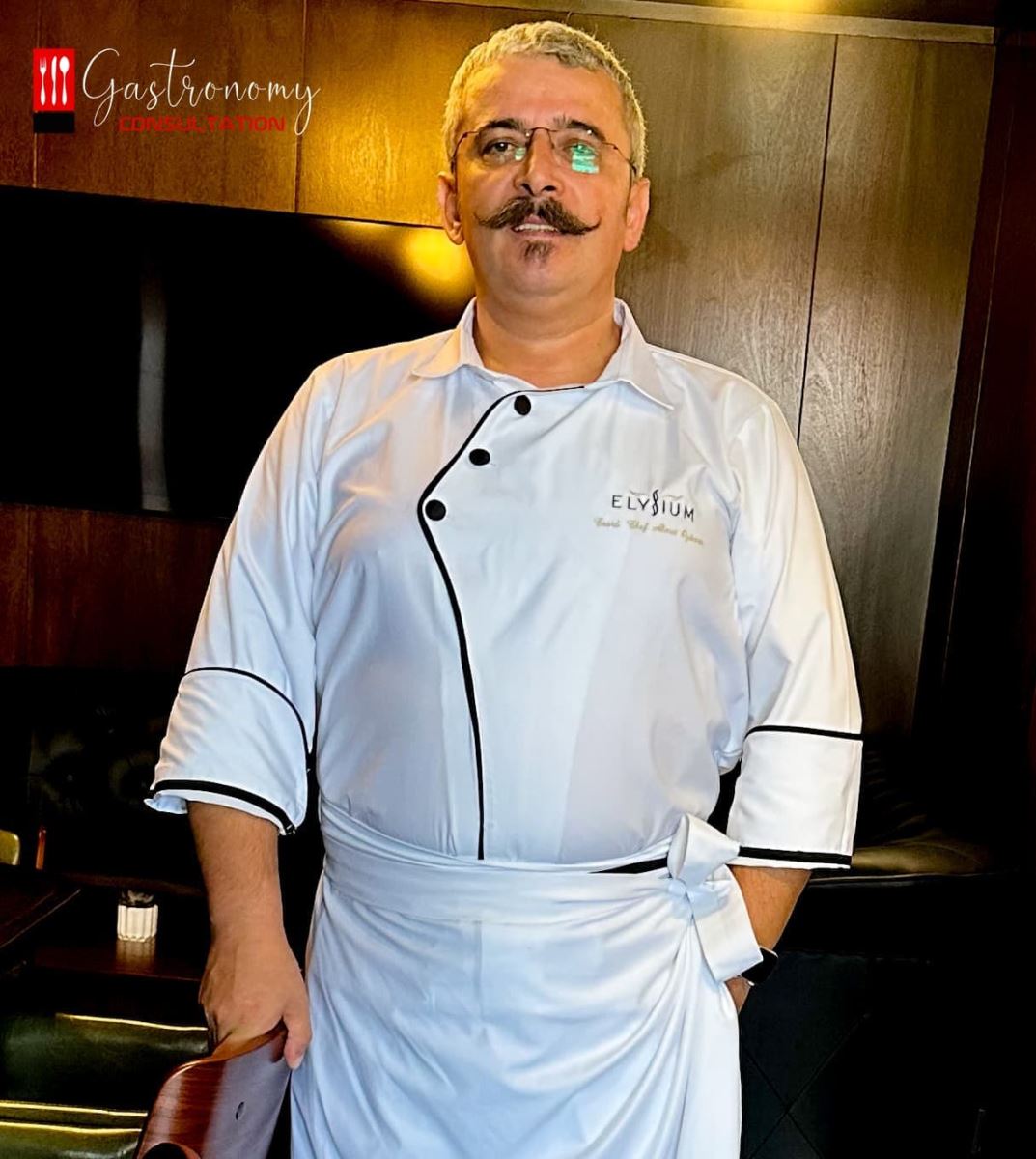The Mevlevi order, also known as the Whirling Dervishes, is a Sufi order founded in the 13th century in Konya, Turkey, by the followers of Jalaluddin Rumi, a 13th-century Persian poet, jurist, theologian, and Sufi mystic. The Mevlevi order is known for its spiritual practices, literature, music, and dance..
 Mevlevi Culinary Culture
Mevlevi Culinary Culture
Coord. Chef Ahmet ÖZDEMİR
The Mevlevi order, also known as the Whirling Dervishes, is a Sufi order founded in the 13th century in Konya, Turkey, by the followers of Jalaluddin Rumi, a 13th-century Persian poet, jurist, theologian, and Sufi mystic. The Mevlevi order is known for its spiritual practices, literature, music, and dance, but its culinary culture is also a reflection of its values and principles. Here's an overview of the Mevlevi culinary culture:
Simplicity:
The Mevlevi cuisine is characterized by its simplicity. The dishes are not extravagant but focus on fulfilling the basic nutritional needs. This simplicity is a reflection of the Mevlevi principle of detachment from the material world and a focus on spiritual growth.
Communal Meals:
Meals were often consumed in a communal setting, reflecting the unity and brotherhood among the Mevlevi dervishes. Communal meals, known as "sofra", were a time for bonding, reflecting, and expressing gratitude.
Spiritual Significance:
The act of cooking and eating was not just a physical necessity but also had spiritual significance. Preparing food was seen as a form of worship, and the act of eating was a time for reflection and gratitude.
Emphasis on Halal and Tayyib:
The Mevlevi order emphasized consuming what is halal (permissible) and tayyib (good or wholesome). This meant not just eating what is religiously permissible but also ensuring that the food was of good quality, wholesome, and beneficial.
Fasting and Asceticism:
Fasting and practicing asceticism were essential components of the Mevlevi spiritual practice. While fasting was observed during the month of Ramadan, voluntary fasting and other ascetic practices were also common among the Mevlevis to detach from material desires and focus on spiritual growth.
Signature Dishes:
There are certain dishes that are closely associated with the Mevlevi culinary culture. Some of these dishes include "chickpea stew" (nohut yahnisi), "wheat soup" (buğday çorbası), and "helva" (a sweet dish made from semolina, sugar, and butter).
Bread's Significance:
Bread had a special place in Mevlevi culture. It was seen as a divine gift, and wasting bread was strictly frowned upon. It was also common practice to pick up any piece of bread found on the ground, kiss it, and place it somewhere elevated as a sign of respect.
Hospitality:
Hospitality is a significant part of Turkish and Mevlevi culture. Guests are treated with great respect and are often served with the best food available. The act of serving guests is seen as serving God.
The
Mevlevi culinary culture is a reflection of its broader philosophical and spiritual principles. It is not just about the act of eating but about nourishing the soul, expressing gratitude, and connecting with God.
Coord. Chef Ahmet ÖZDEMİR
International And Intercontinental
Restaurant Consultant and Kitchen Consultant
World Ambassador of Ottoman and Turkish Cuisine